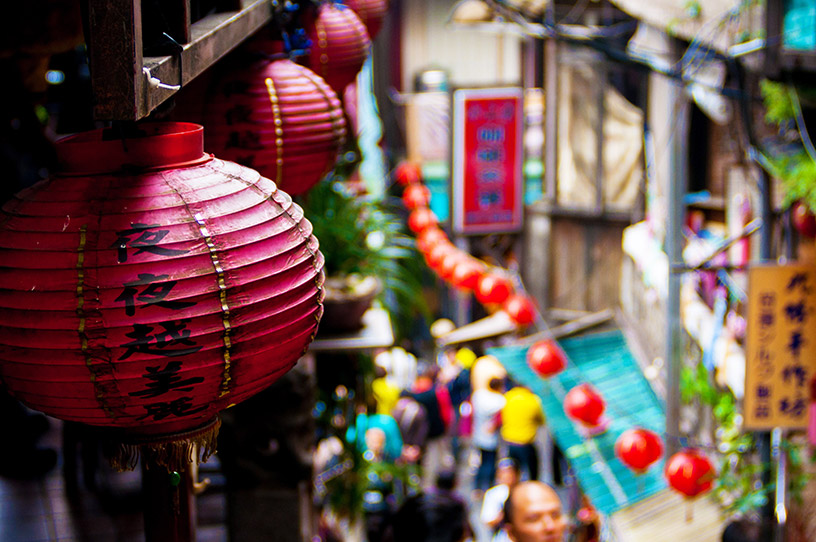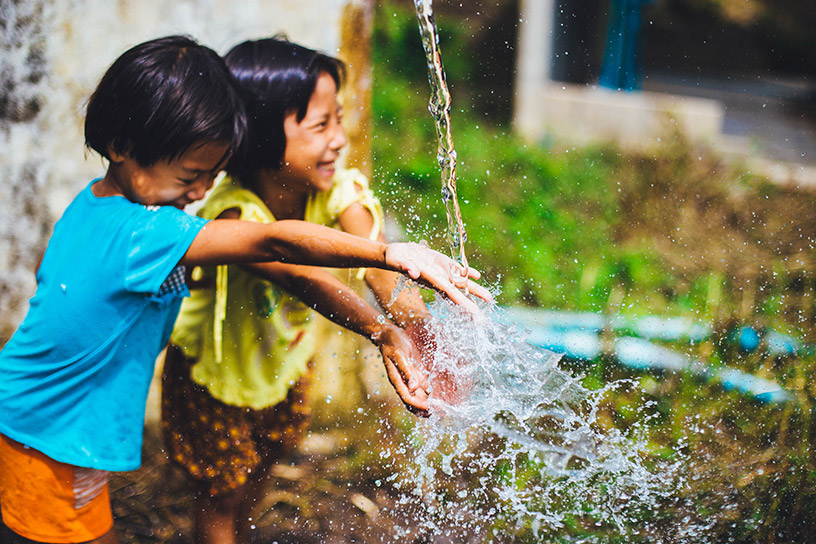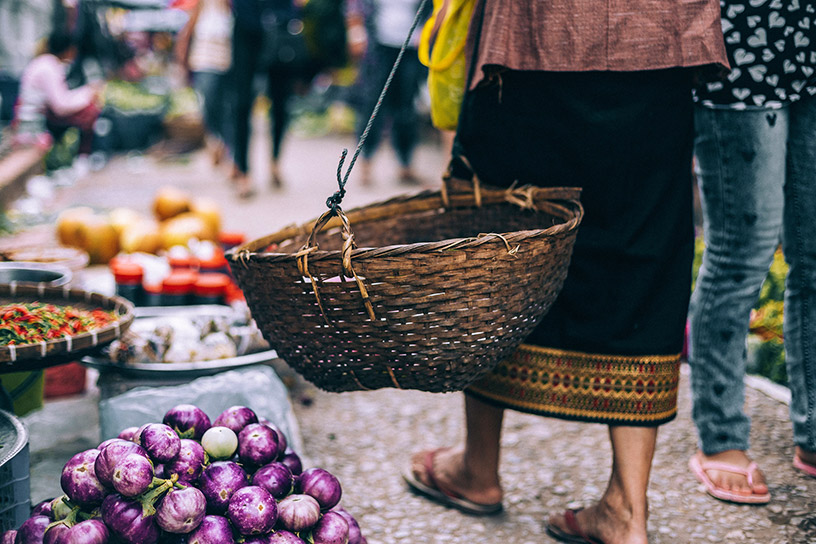Health Tips when Travelling in Asia
While Asia is a cultural destination widely loved due to culinary delights of the region, some have bad memories caused by the dreaded gastro bug - also known as Bali belly.
It is important to be aware of the traps people can fall into when travelling and eating in Asia, so you can avoid becoming unwell on your holiday.

Gastroenteritis - commonly refered to as gastro or travellers’ diarrhoea - is an infection of the gut.
About 20 to 50% of people travelling to developing countries will be affected by travellers’ diarrhoea, the majority of which are caused by bacterial infections due to poor sanitation and hygiene. Other causes of gastro include viral infections and parasites.
Gastro may result in a mild form of the illness, causing an upset stomach and mild diarrhoea.
However, it may be more severe, with nausea, vomiting, significant diarrhoea and high temperatures. Symptoms should only last a few days, but sometimes can persist for longer leading to dehydration that possibly requires medical attention.
Now knowing what gastro is and its effects, here are some helpful tips to avoid the illness and stay healthy when travelling!
#1. Practise good personal hygiene
- Wash your hands with soap before eating to help prevent getting an unwanted gastro bug.
- Carry hand sanitizer or wipes in your backpack or handbag in case a bathroom isn't nearby where you can wash your hands.
- Brush your teeth using bottled water instead of using water from the tap.
- Clean underneath your nails and keep them short to avoid a build up of dirt.

#2. Watch what you drink
- Drink bottled water and avoid untreated or unboiled tap water. Drinking or touching contaminated water can lead to vomiting and diarrhoea or other types of infection.
- Avoid ice cubes. These are often made with local water and could make you ill.
- Avoid fruit drinks, iced tea and iced coffee.
- To disinfect water, it needs to be boiled for at least 1 minute, and then cooled. Be aware that boiling water will not remove fuels or toxic chemicals.
- Consider using water purification tablets (containing iodine or chlorine) when necessary. However, these are sometimes ineffective against some particular bugs.
#3. Be careful with what you eat
- Ensure that all the food you eat is thoroughly cooked and hot. Cooked food that has been stored needs to be thoroughly reheated.
- Avoid uncooked vegetables and salads as they may have been washed in local water that is contaminated.
- Eat only fruits that you can peel (bananas, mango, papaya) and avoid fruit that is already cut up into slices - as you don’t know how long it has been on display.
- Avoid unpasteurized milk, cheese and yoghurt.
- Avoid raw or undercooked meat, fish and shellfish.
- When eating at restaurants, make sure it is a popular eating spot with lots of customers. These restaurants are likely to have better turnover of foods and hygiene practices.
- Food from street vendors has been associated with a higher risk of illness. If you are tempted, make sure the food is well cooked and made in front of you whilst you wait.

#4. Be prepared ahead of time
- Pack some oral rehydration fluids or salts, which are available at most pharmacies. These fluids have a particular balance of electrolytes, which allow them to be more quickly absorbed than plain water or juices.
- Talk to your doctor about anti-diarrheal medication and antibiotic therapy you may wish to take with you.
- Taking probiotics during your travels would seem like a good idea, however to date there is not enough evident to support probiotics in the prevention of travellers’ diarrhoea.
So now you have equipped yourself with some good tips to help prevent gastro while travelling, you can confidently go out and discover, enjoy and explore Asia and all it has to offer.
Dr Jane Read is a Sydney-based GP Registrar who also holds a Masters Degree in Nutrition and Dietetics from Deakin University in Melbourne. In addition to working in general practice, Jane works as a freelance nutrition and medical writer, and has been a nutrition consultant to various corporate clients.
Material on this website is provided for informational purposes only. It is general information and discussion about medicine, health and related subjects may not apply to you as an individual, and is not a substitute for your own doctor’s medical care or advice. The words and other content provided on this website, and in any linked materials, are not intended and should not be construed as medical advice. If the reader or any other person has a medical concern, they should consult with an appropriately licensed physician or other health care worker. Nothing contained on the website is intended to establish a physician-patient relationship, to replace the services of a trained physician or health care professional, or otherwise to be a substitute for professional medical advice, diagnosis, or treatment. The views and opinions expressed on this website have no relation to those of any academic, hospital, practice or other institution with which the authors are affiliated. They do not necessarily reflect the opinions of Cover-More Insurance Services Pty Ltd. Never disregard medical advice or delay seeking medical care because of something you have read on or accessed through this website. If you think you may have a medical emergency, call your doctor or emergency services immediately.
Planning a trip?
Discover Our COVID-19 Cover
To find out what our current* benefits do – and don’t – cover, please read:
Plus, for helpful destination-based COVID-19 information, don't forget to check the COVID-19 Travel Risk Tool before and during travel.
*The cover information contained on the above pages refers to Cover-More policies sold on or after 26 June 2023. For cover information on policies sold prior to this date, please read the relevant PDS.